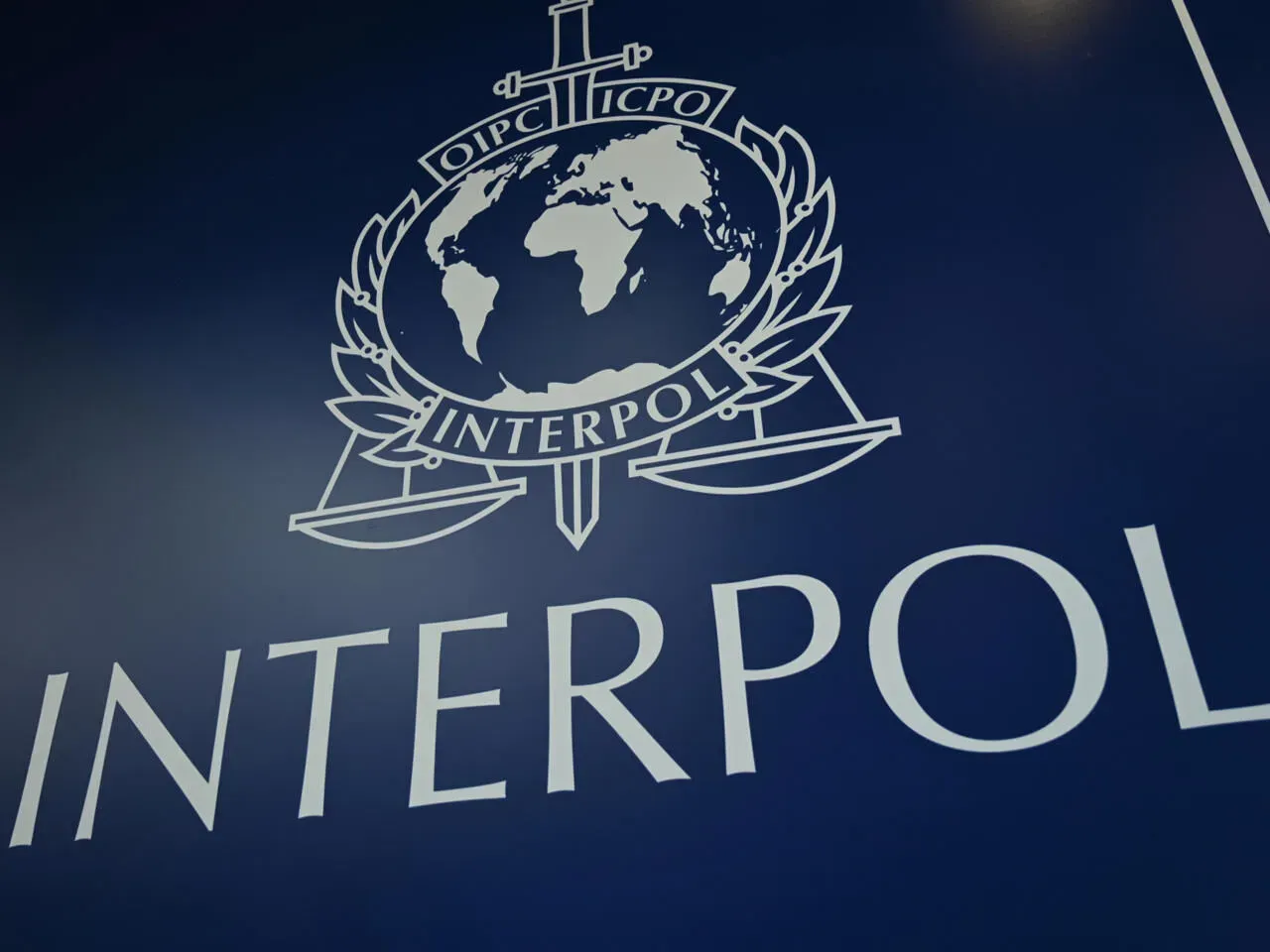About Interpol:
- The International Criminal Police Organization (INTERPOL), commonly known as Interpol, is an international organization facilitating international police cooperation against cross-border terrorism, trafficking, and other crime.
- It is the world’s largest international police organization, representing 195 member countries.
- It is headquartered in Lyon, France.
- Official Languages: Arabic, English, French, and Spanish.
- Status: It is ‘not’ a unit or part of a united nation system. It is an independent international organization.
- It is often the first point of contact for many countries pursuing an international investigation. It does not actively investigate crimes.
- Governance:
- The General Assembly, consisting of one delegate from each member country, is Interpol’s supreme decision-making body.
- Interpol’s day-to-day operation is managed by a General Secretariat under the direction of a Secretary General, who is appointed for a five-year term by the General Assembly.
- An Executive Committee of 13 members, each representing a different region of the world, is appointed by the General Assembly at its annual meeting.
- The Executive Committee oversees the implementation of decisions made by the General Assembly and supervises the work of the secretary general.
- National Central Bureau (NCB):
- It has an NCB in each member country, which is the central point of contact for both the general secretariat and the other NCBs around the world.
- Each NCB is run by police officials of that country and usually sits in the government ministry responsible for policing. (Union Home Ministry in India.)
- The Central Bureau of Investigation (CBI) represents Interpol in India as the country’s NCB.
Types of Notices issued by Interpol:
- It issues 8 types of notices (7 of which are colour-coded) which are in the form of alerts/requests allowing police in member countries to share critical crime-related information.
- Red Notice: To seek the location and arrest of a person wanted by a judicial jurisdiction or an international tribunal with a view to his/her extradition. It is the “closest instrument to an international arrest warrant”.
- Blue Notice: To locate, identify, or obtain information on a person of interest in a criminal investigation.
- Green Notice: To warn about a person’s criminal activities if that person is considered to be a possible threat to public safety.
- Yellow Notice: To locate a missing person or to identify a person unable to identify himself/herself.
- Black Notice: To seek information on unidentified bodies.
- Orange Notice: To warn of an event, a person, an object, or a process representing an imminent threat and danger to persons or property.
- Purple Notice: To provide information on modus operandi, procedures, objects, devices, or hiding places used by criminals.
- Interpol-UNSC Special Notice: To inform Interpol’s members that an individual or an entity is subject to UN sanctions.
Q1: What is the Central Bureau of Investigation (CBI)?
The Central Bureau of Investigation (CBI) is the premier investigative agency of India. The agency was established in 1963 by the Indian government as a result of the recommendation of the Santhanam Committee. CBI is not a statutory body. It derives its power to investigate from the Delhi Special Police Establishment Act, 1946. It operates under the jurisdiction of the Ministry of Personnel, Public Grievances and Pensions (which in turn operated under PMO). However, for investigation of offenses under the Prevention of Corruption Act, CBI vests superintendence to the Central Vigilance Commission.
Source: Interpol issued highest ever 100 Red Notices last year on India’s request: CBI
Last updated on June, 2025
→ UPSC Notification 2025 was released on 22nd January 2025.
→ UPSC Prelims Result 2025 is out now for the CSE held on 25 May 2025.
→ UPSC Prelims Question Paper 2025 and Unofficial Prelims Answer Key 2025 are available now.
→ UPSC Calendar 2026 is released on 15th May, 2025.
→ The UPSC Vacancy 2025 were released 1129, out of which 979 were for UPSC CSE and remaining 150 are for UPSC IFoS.
→ UPSC Mains 2025 will be conducted on 22nd August 2025.
→ UPSC Prelims 2026 will be conducted on 24th May, 2026 & UPSC Mains 2026 will be conducted on 21st August 2026.
→ The UPSC Selection Process is of 3 stages-Prelims, Mains and Interview.
→ UPSC Result 2024 is released with latest UPSC Marksheet 2024. Check Now!
→ UPSC Toppers List 2024 is released now. Shakti Dubey is UPSC AIR 1 2024 Topper.
→ Also check Best IAS Coaching in Delhi






















